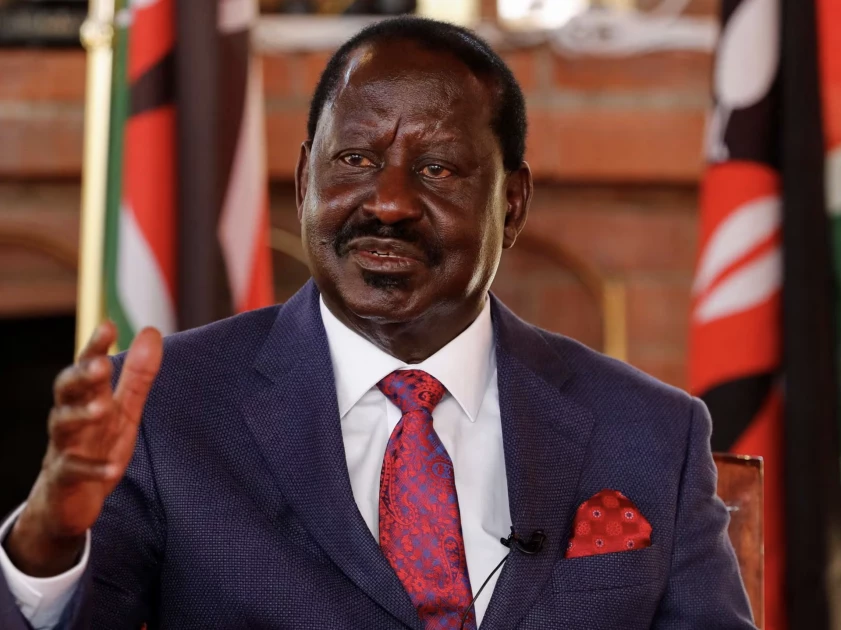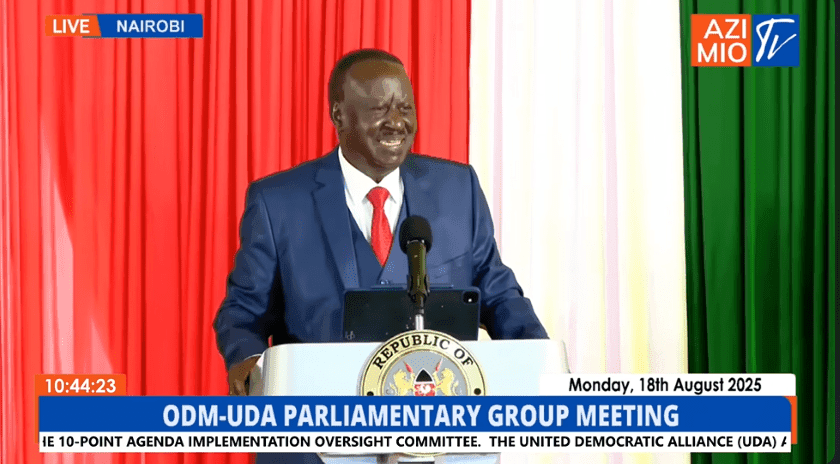Many called him “Agwambo,” the mysterious one. Raila Odinga, Kenya’s long-time opposition fighter, has died at 80. He passed away Wednesday in Kochi, India, where he was receiving medical care, after a sudden cardiac arrest.
Raila was more than a politician. He ran for president five times and lost every time but never quit. Supporters called him “Baba,” meaning “father” in Swahili. His skill at making deals with rivals earned him respect and suspicion in equal measure.
The news of his death sent crowds to his family home in Karen, one of Nairobi’s wealthiest neighborhoods. In Kibera, one of Africa’s largest slums, people waved twigs to ward off bad luck and cried as they processed toward the house. Crowds also gathered in Kisumu and Eldoret, cities where Raila had deep support.
Raila’s fight for democracy left a lasting mark. He pushed for multiparty politics in 1991 and helped bring a new constitution in 2010. But his career also touched some of Kenya’s darkest moments. After the disputed 2007 election, violence erupted, killing about 1,300 people and displacing hundreds of thousands. He once said: “Each community believes that they are not safe unless their man is at the top.”
Prison did not break him. Raila was the son of Kenya’s first vice-president, Oginga Odinga. Early on, he was a left-wing activist. He even named his son Fidel, after Cuban leader Fidel Castro.
He was first jailed in 1982 after a failed coup attempt against President Daniel arap Moi. Raila spent nine years in prison, six of them in solitary. Reflecting on that time, he said: “Detention is a good school. You learn to reflect and think. You also learn tolerance, to be forgiving, particularly against your adversaries.”
Raila won his first parliamentary seat in 1992, representing Kibera. He held it until 2013. His bright orange Hummer caused a stir as it bounced through the muddy streets, always surrounded by supporters.
He lost his first presidential race in 1997. Four years later, he joined a coalition government with former rival Moi. Some called it opportunistic. Raila called it pragmatic. “Democratisation is not like an instant coffee you brew and drink at the same time. It is a process,” he said.
His political life was full of twists. He became prime minister in 2008 in a unity government with former foe Mwai Kibaki. After the 2017 election, he reconciled with President Uhuru Kenyatta in what became known as the Handshake. He lost the 2022 election to William Ruto and challenged the result in court, losing again. In 2024, even in his late seventies, he struck a deal with Ruto, leaving Kenya with little formal opposition. Politics clearly kept him busy.
President Ruto visited Raila’s home Wednesday morning and announced a state funeral and seven days of national mourning. “He championed reforms that gave birth to the rights and freedoms we hold dear today, his voice spoke for the oppressed. His conviction inspired generations, and his vision shaped the course of our history,” Ruto said.
Tributes poured in from across Africa. African Union Commission head Mahmoud Ali Youssouf said: “H.E. Raila Odinga was a towering figure in Kenya’s political life and a steadfast champion of democracy, good governance, and people centred development.”
Kenya remains divided over his legacy. Grace Mbugua, a Nairobi resident, said: “May his fight for democracy continue to inspire our nation’s leaders.” Accountant Patrick Mungai added: “He may not have had the best interests of all Kenyans at all times, and during his push for democracy, many lives were lost.”
Featured image via X screengrab







